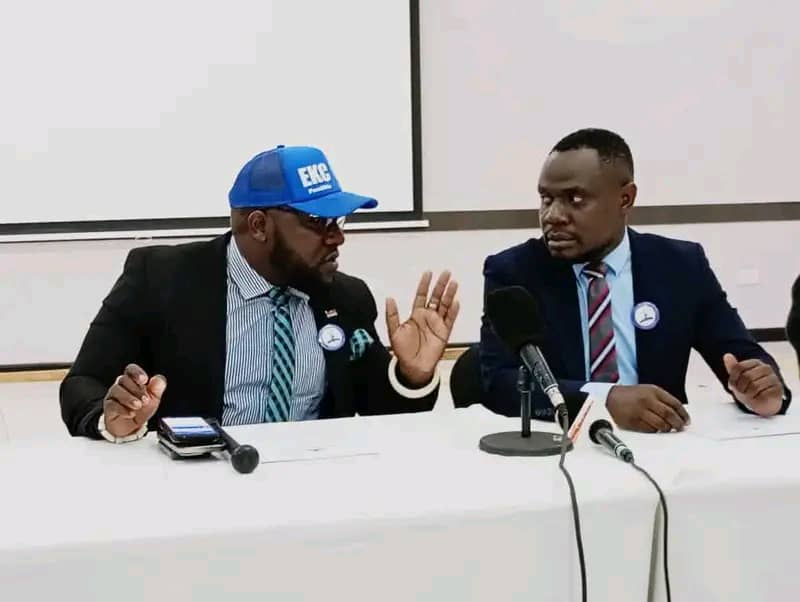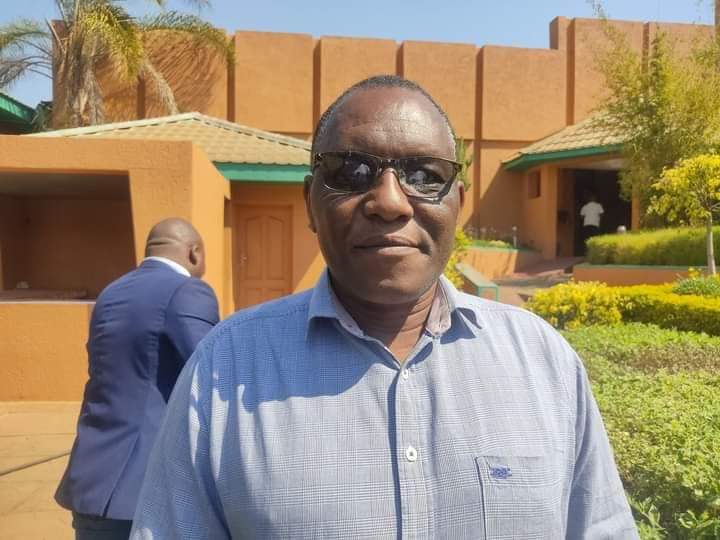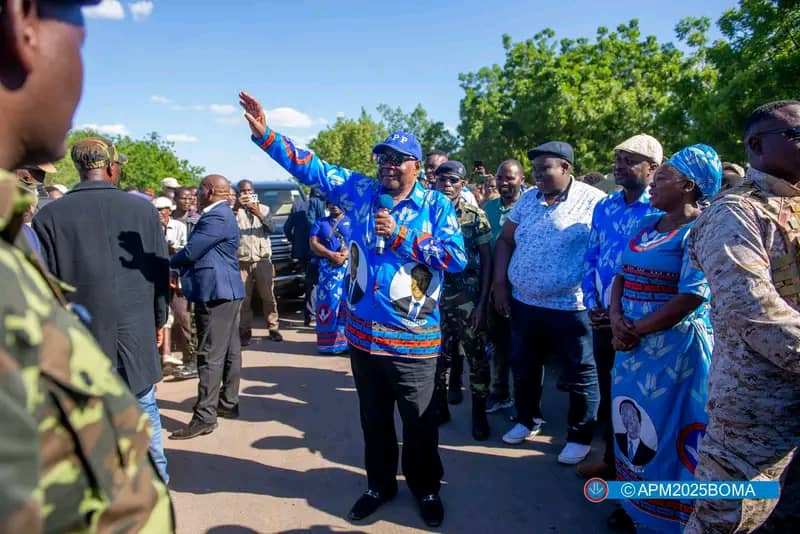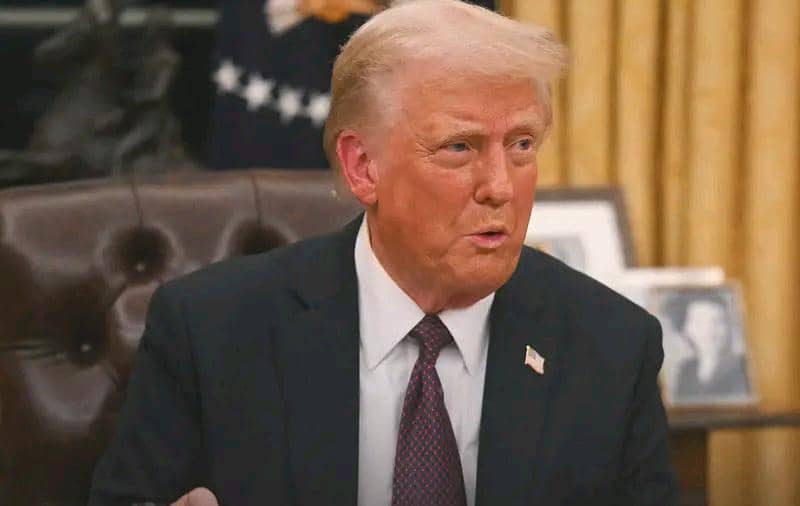By Burnett Munthali – Malawi Freedom Network
Timothy Mtambo, Vice President of AFORD and leader of the Citizens for Transformation (CFT) movement, failed to respond to a questionnaire regarding his opposition to the alliance between the Alliance for Democracy (AFORD) and the Democratic Progressive Party (DPP).
Efforts to secure his input following his press conference on 25th July 2025 proved futile, as he cut short a scheduled phone interview and did not submit any written responses by the due date of Saturday, 26th July 2025.
The questionnaire, submitted shortly after Mtambo’s public condemnation of the AFORD-DPP alliance, aimed to provide him with an opportunity to clarify his stance, express any grievances, and shed light on the implications for his political career and the future of both AFORD and CFT.
Among the questions posed was a request for Mtambo to describe his immediate reaction upon learning of the alliance and to elaborate on any ideological, historical, or ethical reasons for opposing it.
The questionnaire also sought to establish whether Mtambo had prior knowledge of or was consulted on the alliance, and if so, what role he played in the internal discussions that led up to its announcement.
A crucial area of inquiry was whether Mtambo believed that the AFORD National Executive Committee acted unilaterally or undemocratically, and what that could mean for the party’s cohesion and internal transparency.
He was further invited to address his supporters and CFT members, many of whom may be confused or divided by this surprising political alignment with the DPP, a party known for its past authoritarian tendencies.
In light of his disapproval, Mtambo was asked whether he was considering resigning from AFORD or forming a new political platform independent of both AFORD and the DPP.
Another key area of interest was his perspective on how this fallout mirrors the broader challenges of building electoral alliances in Malawi’s multiparty democracy, where ideological contradictions and short-term strategy often collide.
Mtambo was also asked to assess the leadership of AFORD President Enock Chihana and whether the decision to align with the DPP aligns with the founding principles of the party.
He was then prompted to explain whether the alliance strengthens or weakens democratic governance in Malawi, with space to reference historical or contemporary examples.
Finally, Mtambo was asked about his political plans ahead of the 2025 general elections—whether he intended to contest, endorse another candidate, or focus on civic education and transformative advocacy through his CFT movement.
By failing to respond to the questionnaire or participate in the scheduled interview, Mtambo missed a critical opportunity to clarify his political position at a time when public interest and scrutiny are high.
His silence may be interpreted as a reluctance to engage in constructive democratic dialogue, or as a strategic withdrawal from a deepening internal conflict within AFORD.
The fallout from the AFORD-DPP alliance and Mtambo’s muted response highlight the fragile nature of political alliances in Malawi and the urgent need for transparent, consultative leadership in the country’s evolving democracy.




